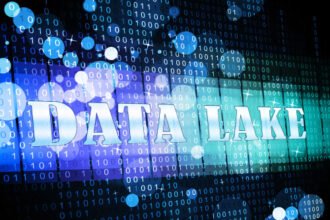Midway through Michael Lewis’ excellent book The Big Short, the author makes an astonishing assertion: many financial institutions didn’t understand the complex derivatives and products that they were selling. And here’s the really scary part: He was absolutely right. Lewis shows that once-storied banks such as Merrill Lynch, Morgan Stanley, and Deutsche Bank could not even answer basic questions about what specific bonds comprised their CDOs, credit default swaps (CDSs), and other opaque financial instruments.
While most organizations don’t deal in such complexity, the book make me wonder:
- To what extent do organizations lack a fundamental understanding of their data?
- What are the potential legal and financial effects caused by such ignorance?
- How can organizations understand their data better–and mitigate risks in the process?
These are questions worth considering over the course of a number of posts.
Dealing with the Suboptimal
I often work with organizations in the midst of some type of data migration project. Unearthing data from a variety of sources typically manifests some inconsistencies, to put it mildly. For example, on my current project, I have been surprised to learn that a mid-sized bank has no fewer than nine operational systems. There are several financial systems, additional trading systems, and some old GL legacy systems that have never been properly integrated with the others. And this is just on the domestic side. On the foreign side: Don’t ask.
As expected extracts from these systems often produce inconsistent results. Now, because I have only been on this project for three weeks, this is news to me. My de facto boss has been with the company for a very long time and, as a result, can spot these issues in seconds. Institutional knowledge has its benefts.
However, what if he were to leave–by his choice or otherwise? Who would be able to explain to me–or another consultant–all of the intricacies and exceptions to relatively arcane rules? I’m honestly not sure. At least there’s a comprehensive data dictionary and an ERD, right? Think again.
While my boss would agree that better documentation is necessary, it’s certainly not imperative right now. He’s being pressured to provide a consolidated look at the data and that’s why I’m there–not to pine for a idyllic state.
Not every organization or industry has the ability to stall the world credit markets and cause the worst economic crisis in 70 years. Let’s hope that we never have to experience anything like what we have seen over the last three years. While “one system” may be impossible at large organizations for one reason or another, consider the dangers with not having one version of the truth or at least a complete version–even if it needs to be derived from multiple sources. We’ve recently seen what can happen when this happens.
Feedback
What say you?








